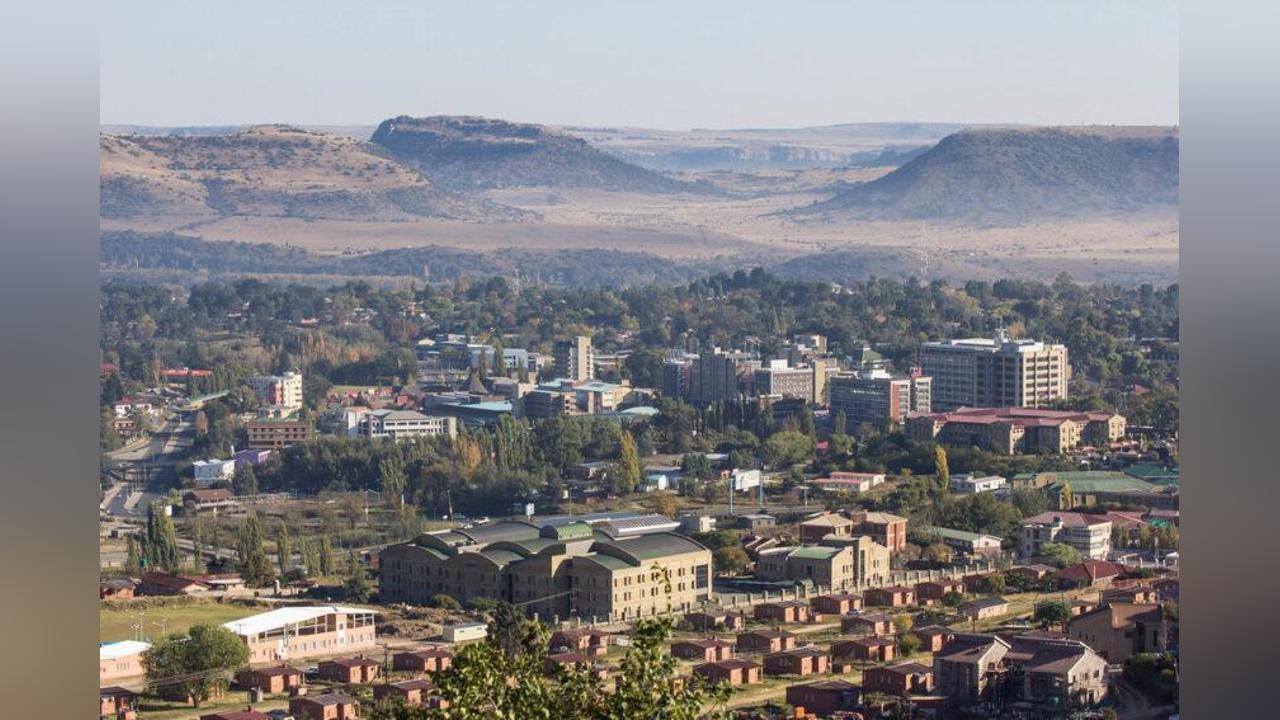Africa-Press – Lesotho. The Kingdom of Lesotho has failed to introduce key political reforms needed to bring stability to the small landlocked country. This setback is the latest of many false starts since the reform process started in earnest after the 2012 elections.
It had been hoped that the 2022 national poll on 7 October would be held under a new constitutional framework that would help end conflicts in key areas such as the formation of government, coalitions, and the electoral system.
The reform drive was supposed to have been completed by the end of the five-year term of the latest parliament, which tried but failed – despite frantic midnight efforts – to enact the reforms bill before its dissolution in July 2022.
Following this collapse, the government came under immense pressure from the Southern African Development Community (SADC), which has been trying to facilitate the reforms, as well as donors and civil society to finish the reforms process.
In response, Prime Minister Moeketsi Majoro declared a “state of emergency” to create the grounds for King Letsie III to recall parliament. This gave legislators another chance to pass the reforms law, which it managed to do following a chaotic process on 29 August.
However, the recall of parliament was soon challenged by a journalist and a lawyer. In a landmark decision, both the High Court and the Court of Appeal separately ruled that the recall of parliament had been unconstitutional as there was no state of emergency to justify it.
All business transacted in that period, including passing the reforms law, was declared null and void. The result of all this is that the 7 October elections, in which voters will choose 120 members of the National Assembly, will be held on the basis of the old constitutional framework.
This system bears significant blame for Lesotho’s recurrent political instability in recent years. Despite their pretensions, it is clear that governments in Lesotho are not interested in fundamentally reforming the structure of government.
None has wanted to let go of the unfettered powers that the prime minister enjoys over other branches and institutions of government. The head of government can prorogue and dissolve parliament on a whim.
They also enjoy unconstrained powers to appoint all the other vital institutions: the judiciary, security agencies, oversight institutions, and civil service.
Successive prime ministers have not hesitated to use these powers to torment political opponents and enhance their political prospects, resulting in recurring instability.
At the same time, governments have resisted proposals to change the status quo, such as those put forwards by the now-defunct National Reforms Authority.
Political reform processes are generally informed by five principles: proper agenda-setting (preparation); awareness and consultation; deliberation; adoption; and implementation.
In Lesotho’s case, these phases have not been clearly visible and reform processes have met incessant headwinds until their collapse. For instance, there was no proper agenda-setting in the latest efforts.
The route forwards was not clearly demarcated or agreed on. While there were five broad themes – judiciary, parliament, civil service, media, security and the constitution – the extent to which the reform could go was unclear.
As result, competing political interests were often not moderated, making it difficult to form a clear vision of what the new constitution should look like.
The government view prevailed, as usual, causing discontent among other players. Another fault line emerged from the act passed in 2019 to guide the reforms.
This law saw the establishment of a multi-stakeholder constituent assembly called the National Reform Authority. Its relationship with parliament, however, remained opaque and parliament’s traditional legislative authority remained unaffected by it.
Finally, the process also seemed to run roughshod over the typical processes for changing the constitution in Lesotho: an ordinary amendment by simple majority, two-thirds approval in both houses, and a referendum.
After the elections, the next parliament must pass a new reforms law. Such a law must be based on the principles that have emerged following lessons in the many constitution-making exercises throughout the continent.
The most notable experiences are those in Kenya, South Africa, South Sudan, and Zimbabwe. This law must carefully delineate the role of stakeholders such as government, other political players, civil society, experts, and, much more importantly, the public.
A careful design of the process and how various stakeholders participate in the process is the greatest lesson from many constitution-making experiences in Africa. Inevitably, such a process is bound to reduce the classical powers of parliament.
Parliament cannot regard a law passed through such a broad-based consultation, where agreements and compromises have been secured, as an ordinary piece of legislation with which it can do whatever it likes.
For More News And Analysis About Lesotho Follow Africa-Press






